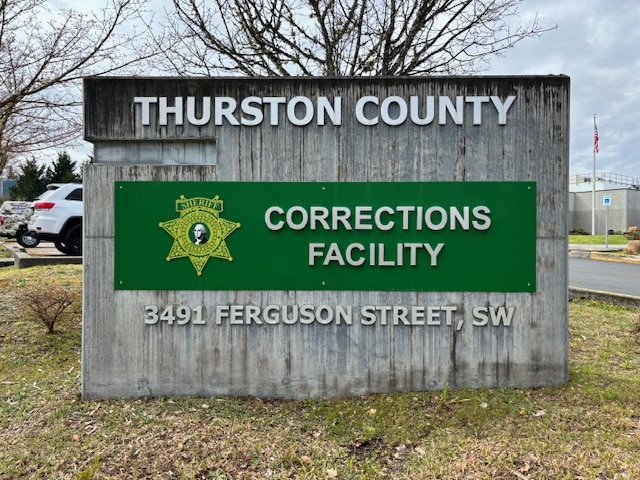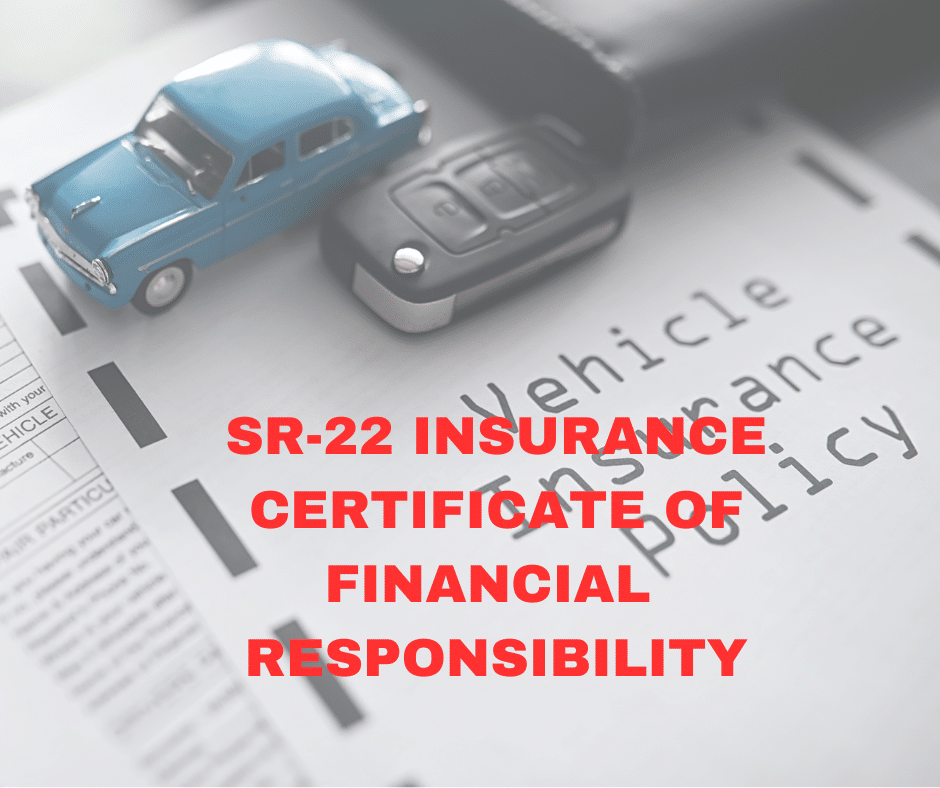Disorderly Conduct Charges
Disorderly Conduct charges generally arise when tempers and language boil over the generally accepted social norms. When a confrontation escalates to the point that there is a likelihood of violence, the person who is raising the temperature of that confrontation can be charged with Disorderly Conduct. This is a criminal charge that is brought by the State (or a City), and not by a private individual.
For a free consultation call (360) 792-1000.

According to RCW 9A.84.030, a person commits disorderly conduct if she:
- Uses abusive language and thereby intentionally creates a risk of assault;
- Intentionally disrupts any lawful assembly or meeting of persons without lawful authority;
- Intentionally obstructs vehicular or pedestrian traffic without lawful authority; or
- Meets the following:
- Intentionally engages in fighting or in tumultuous conduct or makes unreasonable noise, within five hundred feet of:
- The location where a funeral or burial is being performed;
- A funeral home during the viewing of a deceased person;
- A funeral procession, if the person described in this subsection knows that the funeral procession is taking place; or
- A building in which a funeral or memorial service is being conducted; and
- Knows that the activity adversely affects the funeral, burial, viewing, funeral procession, or memorial service.
- Intentionally engages in fighting or in tumultuous conduct or makes unreasonable noise, within five hundred feet of:
If the prosecutor is charging a person under the first part of the statute for provoking a fight, there must be some evidence that your “fighting words” were intended to actually start a fight. A person can be insulting to another person and make offensive statements but, in some circumstances, the words rise to the level that an average person would understand the statements to be provoking a fight. Certainly, if the defendant made statements like, “You think you can take me?” or “I’ll knock that smile off your face.” Statements that are derogatory to a person’s race, ethnicity, or sexuality can also rise to disorderly conduct.
Under the second prong, a person yelling at a City Council meeting could be charged with disorderly conduct. If a person yells or makes offensive statements during the time he or she is permitted to address the Council, this is probably not disorderly conduct. However, if the person continues to yell after their turn or yells while other people who are speaking, this will likely rise to disorderly conduct.
The third prong is used mostly with political protests. If a person gathers with other people and intends to stop traffic to garner attention to a cause, it would be hard to argue that this act was unintentional. If the organizers of the protest have the appropriate permits to hold the rally or demonstration, blocking traffic should not rise to disorderly conduct. If the protest ventures outside the permitted area or designated area for marching, it could be possible to be arrested for disorderly conduct.
Finally, if a person intends to disrupt a funeral service and knows that it will adversely affect the event, this is disorderly conduct. This is a fairly straightforward. If a person was not invited to a funeral and is there for the purpose of protesting or causing a scene, this conduct will likely rise to disorderly conduct.
There Are Positive Ways To Resolve A Disorderly Conduct Charge
There are defenses to disorderly conduct but, for the most part, a defense attorney is attacking the element of intent. Depending on the reason for the criminal charge, there could be defenses as to whether abusive language or “fighting words” were stated by the defendant. In the case of disrupting a funeral, was the defendant within the required 500 feet of the event? If you were arrested at a protest or a City Council meeting, there could be a challenge to proving identity. How did the officers know the defendant was the person yelling or causing the disruption? Disorderly Conduct can be a complex charge and it is best to consult an experienced criminal defense attorney for advice on the unique challenges to a particular case.
Additionally, Disorderly Conduct cases are handled in District and Municipal Courts, as they are misdemeanors. Being that they are handled in these “lower” Courts, there are more options regarding how to resolve a Disorderly Conduct case other than going to trial or pleading guilty.
Most jurisdictions have some form of a Pre-Trial Diversion Agreement, which is essentially a contract between the Defendant and the Prosecuting Authority. With this type of Diversion Agreement, the Court does not sentence a defendant, the Court merely approves the contract between the parties (the Defendant and the Prosecutor). If the defendant abides by the terms of the contract, the Disorderly Conduct charge is typically dismissed at the end of the agreed upon term. Procedurally, the case goes onto a long continuance and then ends in a dismissal – there is never a conviction if all the terms are met.
Click here for more information on pre-trial diversion agreements
If a defendant wishes to not resolve the matter through a Diversion, they always have the right to go to trial. At trial, a defendant can require the Prosecutor to prove every element of the Disorderly Conduct charge beyond a reasonable doubt.
Witt Law Group serves individuals who have been charged with the crime of Disorderly Conduct in Kitsap, Pierce and Jefferson Counties. We also handle cases in nearly all the cities within those Counties. We have offices in Gig Harbor, Bremerton and Poulsbo for your convenience. We offer free consultations and can be reached at (360) 792-1000 (Bremerton) or (253) 312-3838 (Gig Harbor) or (360) 773-8598 (Poulsbo) or you can text one of our attorneys at (360) 710-0027.
If the topic of Disorderly Conduct was interesting to you, please CLICK HERE to read more similar articles in our Blog.
Criminal Defense Posts
Thurston County Jail – How To Check In

If you are facing a misdemeanor or felony criminal charge and have been sentenced in Thurston County District Court or Superior Court, you will report to the Thurston County Jail. Thurston County DUI and Physical Control Information https://wittlegal.com/blog/dui-criminal-charges-in-thurston-county-things-to-know What To Bring You must bring a PAPER copy of your Judgment and Sentence (J&S). You receive…
SR22 INSURANCE AFTER A DUI OR PHYSICAL CONTROL CHARGE

When you are facing a DUI/DWI or Physical Control charge, one of the more minor issues that arises is the specialized insurance certificate you must acquire. Once you are eligible to be reinstated or are seeking the Ignition Interlock License, you may need to provide proof of SR22 insurance to the Department of Licensing. This…

Get help now
Whether you choose to handle your case alone or you hire the Witt Law Group, get educated and prepared. There are so many factors that occur in the early part of your case that can dictate whether you will end up with a fair recovery. Remember that a consultation is free and worth your time. You will likely discover that the earlier you get an attorney involved in the process, the easier the transition back to normal life. Your attorney will take over all contact with the insurance adjuster and keep track of your treatment providers and bills. Your job is to heal. Our job is to present your injuries and damages to the insurance companies and argue for a fair settlement that accurately reflects the pain and damages you’ve suffered.

